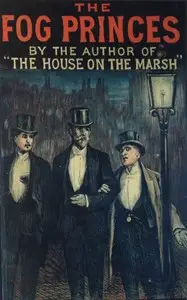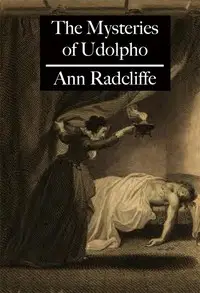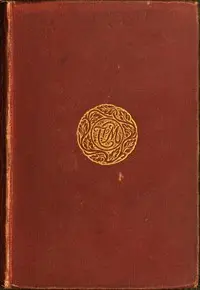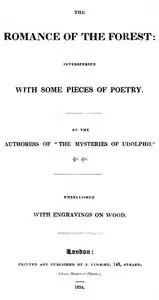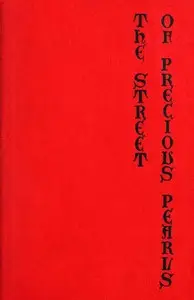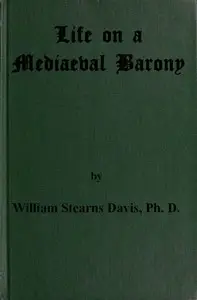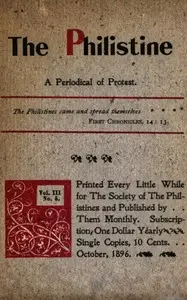"A Sicilian Romance" by Ann Ward Radcliffe is a Gothic tale woven around family drama, concealed truths, and deep feelings. It follows the lives of the beautiful sisters, Emilia and Julia, who grow up under their father's control and the shadow of their seductive stepmother, Maria de Vellorno, all set in an old, crumbling Sicilian castle. The story begins with a description of the solitary and run-down castle of Mazzini, once magnificent. As a friar tells stories of the castle's dark history, our attention shifts the marquis of Mazzini and his two daughters who are grieving the loss of their mother. From there, we watch the sisters learn and grow, especially in terms of those enigmatic figures linked to the south side of the castle, while strange sounds and spooky lights hint at secrets buried in the castle's past, a mix of beauty and danger creating a world of suspense and emotional challenges.

A Sicilian Romance
By Ann Ward Radcliffe
In a crumbling Sicilian castle, two sisters must untangle dark family secrets while navigating their father's control and the manipulative influence of their stepmother.
Summary
About the AuthorAnn Radcliffe was an English novelist, a pioneer of Gothic fiction, and a minor poet. Her technique of explaining apparently supernatural elements in her novels has been credited with gaining respectability for Gothic fiction in the 1790s. Radcliffe was the most popular writer of her day and almost universally admired; contemporary critics called her the "mighty enchantress" and the Shakespeare of romance-writers, and her popularity continued through the 19th century. Interest in Radcliffe and her work has revived in the early 21st century, with the publication of three biographies.
Ann Radcliffe was an English novelist, a pioneer of Gothic fiction, and a minor poet. Her technique of explaining apparently supernatural elements in her novels has been credited with gaining respectability for Gothic fiction in the 1790s. Radcliffe was the most popular writer of her day and almost universally admired; contemporary critics called her the "mighty enchantress" and the Shakespeare of romance-writers, and her popularity continued through the 19th century. Interest in Radcliffe and her work has revived in the early 21st century, with the publication of three biographies.

